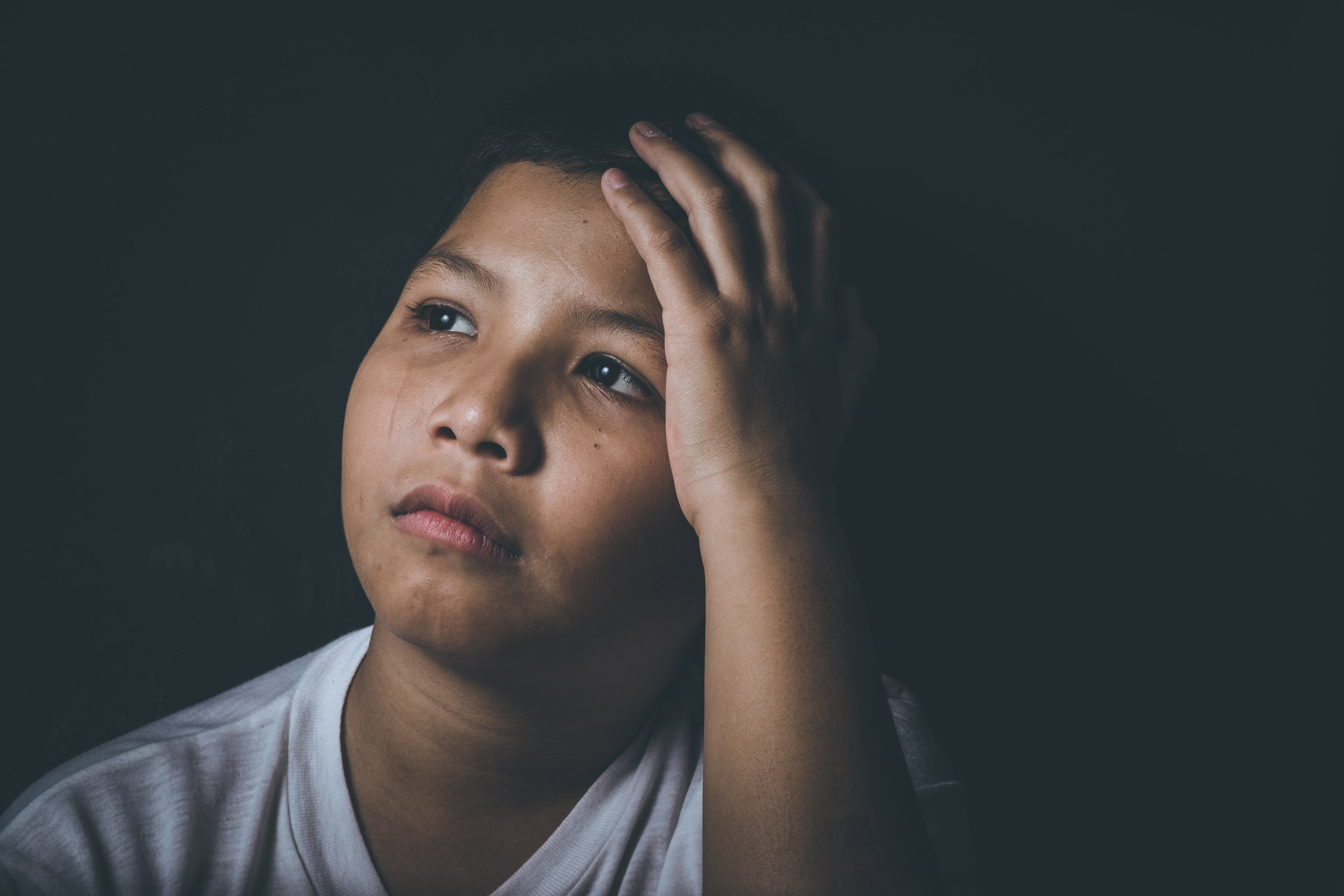UHCL prof to co-author guide to culturally appropriate mental health services
February 4, 2019 | UHCL Staff

Roberta Leal, assistant professor of social work at University of Houston-Clear Lake,
has been invited to co-author a training guide for professionals to provide culturally
appropriate mental health services in school settings. The opportunity is provided
through the National Hispanic and Latino Mental Health Technology Transfer Center
funded by the Substance Abuse and Mental Health Services Administration.
Leal, who has focused her career on social work field education, has done extensive
research on immigration and health disparities. “I’ve been asked to co-author a school-based
training curriculum, and I will be addressing three modules,” Leal said. “I’ll be
creating this guide with a committee of professional colleagues, and the purpose is
to train school-based practitioners like psychologists, nurses, social workers and
educators on the need for mental health services and to guide the Latino population
to access appropriate medical or mental health treatment, taking into consideration
the unique cultural factors.”
The guide will become available nationally, free of charge.
Leal explained that there were cultural factors in the Hispanic and Latino community
that could preclude their access to receiving necessary treatment. “The guide is meant
to fill in the gap for providing mental health services in school settings,” she said.
“It will provide key evidence-based tools to help provide interventionists with the
information that will be more effective in treating diverse populations.”
She said she would be addressing three modules in the guide. “First, we’ll explore
the cultural adaptation of clinical applications in treating Hispanics and Latinos,”
she said. “Because of the diversity among Latinos throughout the U.S., the guide will
make sure mental health services are culturally relevant to the population they’re
serving.”
Additionally, mental health services could be delivered more successfully, Leal explained,
if practitioners took into consideration the cultural and family values of this population.
“There’s a high propensity for Latinos to seek out what’s considered community-based
medical or mental health treatment,” she said. “Those can be herbal or natural remedies.
Or, people often visit faith-based support groups for reducing stress. These have
a positive influence on the families, but are not always the most effective interventions
with more complex mental health issues. Seeking out an herbalist for a medical or
stress-related problem is rooted in many indigenous populations and is still very
present in the Latino community.”
Leal says the guide would help educate the community on how to access the needed help
while training practitioners on how to deliver the services. “I’m hoping to reach
out to the community and school professionals to meet in the middle and address mental
health issues appropriately,” she said. “To be effective in facilitating a behavior
change in the family, there needs to be a bridging of ideas. It’s helpful to receive
support from the community or use home remedies, but it’s also good to seek out more
formal treatments that might be more effective. We’re training practitioners to be
prepared for these cultural interventions.”
Many times, Leal said, people in this population have never seen a licensed mental
health provider before, or perhaps they’ve never seen the same medical practitioner
regularly. “There’s no medical ‘home’ for their records and there’s a lack of culturally
relevant primary care in the community, which leads to an inconsistent medical or
mental health history. School-based practitioners need those records to support and
treat families more effectively,” she said.
The guide is scheduled to be completed in the spring. “We are expecting to roll out
the first implementations of the training in April,” Leal said. “We’ll go through
multiple revisions and allow reviews by experts to make sure that key terms and cultural
practices are correctly identified and supported by the literature in the research
before piloting the trainings.”
With her social work experience in greater Houston, Leal said she hoped some of the
pilots would take place in the Clear Lake area. “It’s a natural fit for me to be in
the helping profession,” she said. “Culturally, the Latino and Hispanic community
believes in collectivism to address a social issue. That lines up well with social
work, and the way we address issues is by connecting people to resources, programs
and others who can get to the root causes of problems so that situations can get
better.”
For more information about UH-Clear Lake’s social work program, visit www.uhcl.edu/human-sciences-humanities/departments/clinical-health-applied-sciences/social-work/.
About the Author:
Recent entries by
October 18 2022
Better technology transforms campus safety: Police Chief demonstrates SafeZone to students
October 14 2022
Student's skill with drones takes chicken turtle research to new heights
October 11 2022
Planting event to help UHCL restore native plants to campus, support environmental sustainability







